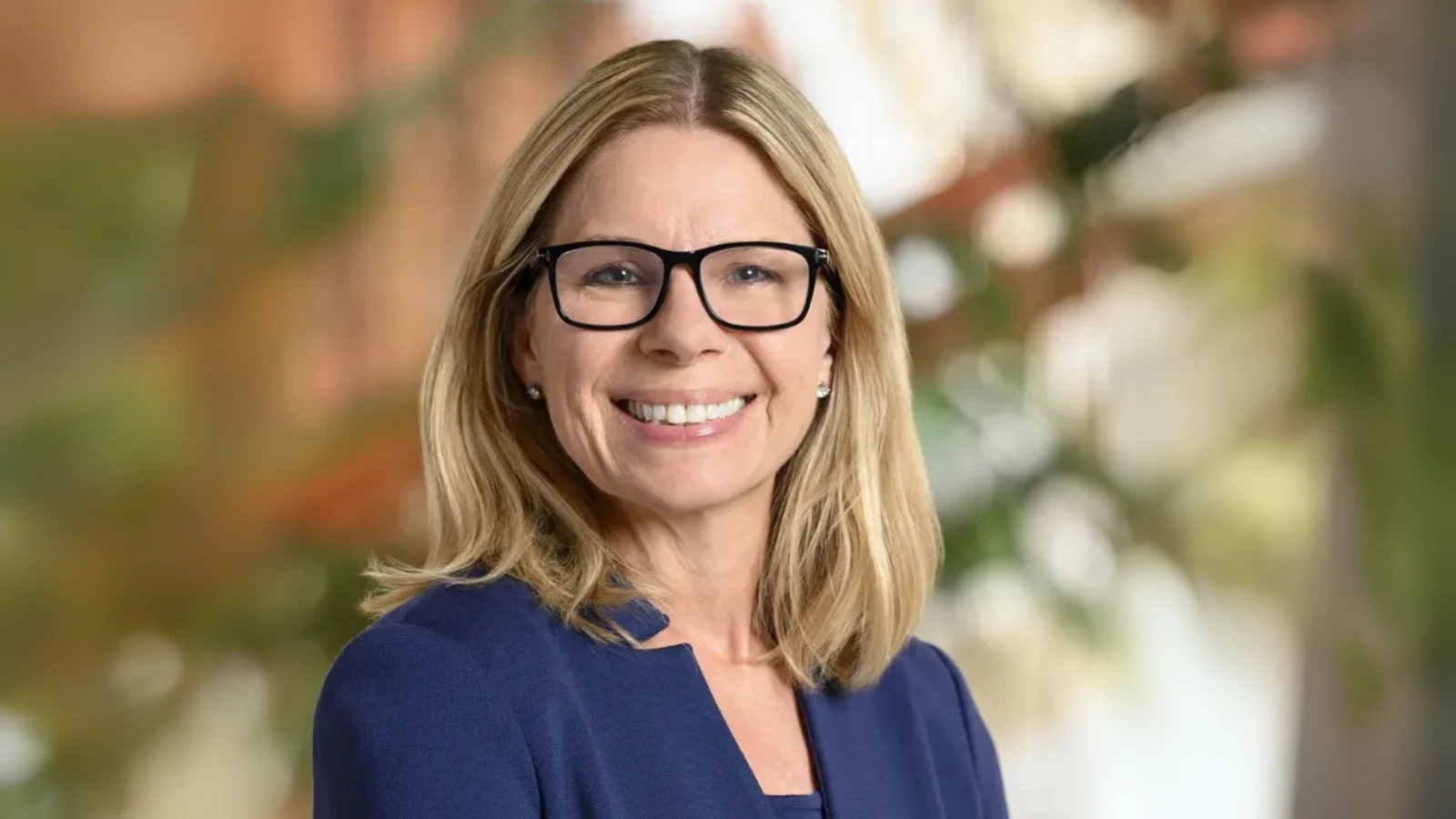The World Bank Board of Directors has approved funding for the expansion of São Paulo's Metro Line 4, extending the service to Taboão da Serra. This marks the first time the metro will go beyond São Paulo’s city limits. The project aims to provide improved transportation options for thousands of commuters and enhance access to jobs for low-income residents.
The total cost is estimated at US$893.6 million, with US$400 million coming from World Bank financing. The rest will be provided by state and private sources. This initiative is part of a broader effort by the World Bank to support green, resilient, and inclusive mobility in major Brazilian cities.
By 2030, the extension is expected to serve about 50,000 daily passengers. It will connect Taboão da Serra—where average incomes are up to 70% lower than in central São Paulo—to the existing metro network. According to project details, this expansion will particularly benefit low-income households; 71% of these families earn two minimum wages or less.
“Extending the metro beyond the city limits is more than an infrastructure project, it’s a social and economic transformation. The Line 4 expansion to Taboão da Serra brings people closer to jobs, services, and opportunity, while also fostering regional development through job creation and local economic growth. We are building a transportation system that is modern, sustainable, and fully integrated with the needs of the metropolitan region,” stated Rafael Benini, São Paulo State Secretary for Partnerships and Investments.
“This is an investment in equity and urban resilience,” said Jorge Coarasa Bustamante, World Bank Operations Manager for Brazil. “By connecting Taboão da Serra to the metro network, the project helps bridge social and spatial divides, giving thousands of people reliable access to jobs and other opportunities offered by the city. It’s also a blueprint for sustainable and inclusive infrastructure delivery in complex urban settings.”
This project represents a new approach in Brazil as it will be implemented directly by a private concessionaire using World Bank financing—a first for such projects in the country. Previous phases have established Metro Line 4 as one of Latin America’s most efficient transit systems.
The planned extension includes two new stations along a 3.3-kilometer route with universal accessibility features and climate-resilient design elements. Fully electrified trains are expected to help avoid nearly 650,000 tons of CO₂ emissions over time while safety measures include driverless trains and platform screen doors.
Key aspects involve expanding infrastructure like tunnels and tracks; introducing advanced signaling systems; enhancing capacity at ARTESP (the transport regulatory agency) for public-private partnership oversight; improving accessibility for women and vulnerable groups; and creating jobs across construction, engineering, supervision, operations, urban development, and regulation sectors.
Metro Line 4 was Brazil’s first public-private partnership (PPP). In this phase of expansion under PPP arrangements—aligned with both national partnership frameworks as well as São Paulo's mobility goals—the state government delegates construction responsibilities directly to its private partner.
Further information about this initiative can be found on www.bancomundial.org.br or via their LinkedIn page at https://www.linkedin.com/in/bancomundialbrasil/.

